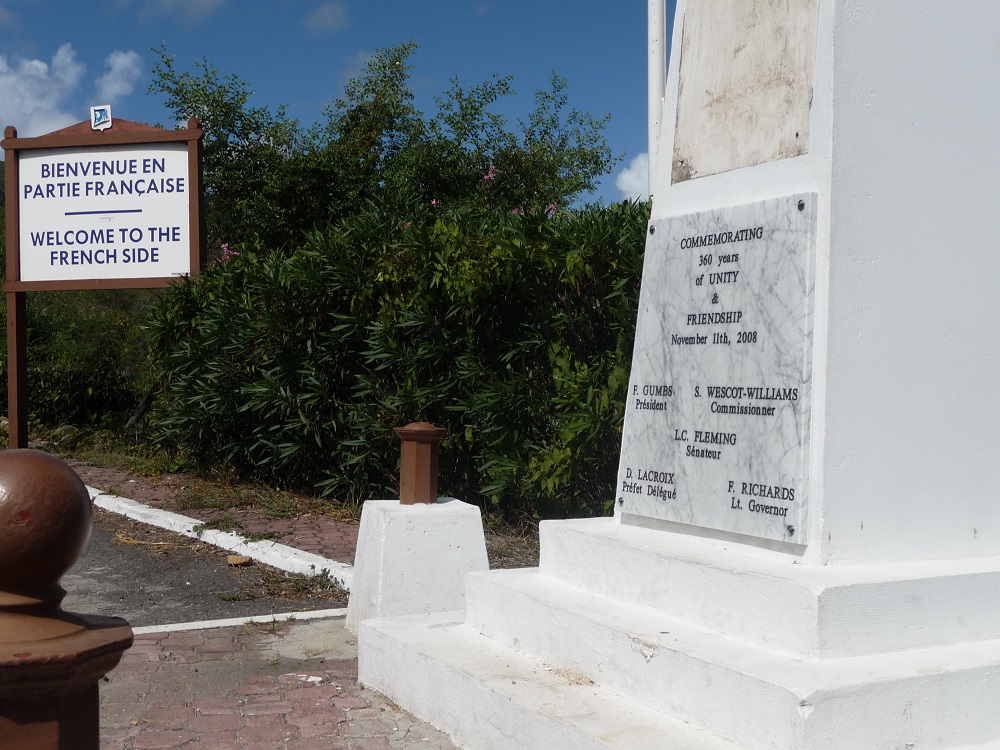Advertisement
 PHILIPSBURG – The mutual Dutch-St. Maarten agreement about strengthening border control in St. Maarten remains in place for two years, until January 1, 2020. This appears from the text of the agreement that was published last Friday in the National Gazette. The agreement took effect one day later, on Saturday January 6.
PHILIPSBURG – The mutual Dutch-St. Maarten agreement about strengthening border control in St. Maarten remains in place for two years, until January 1, 2020. This appears from the text of the agreement that was published last Friday in the National Gazette. The agreement took effect one day later, on Saturday January 6.
The Netherlands and St. Maarten have agreed to deploy officers from the Royal Marechaussee and officers from the Dutch Customs Department in an effort to get a grip on the flow of people, goods and money. The Royal Marechaussee is responsible for the control on people coming to the island, while the Customs officers deal with incoming goods.
The Dutch officers have five tasks, according to the agreement. They monitor and combat illegal labor migration, execute controls on drugs and weapons at the border, combat migration and drugs criminality and they combat illegal cash flows.
The funding for the deployment of the Dutch officers comes from the €550 million recovery fund the Netherlands has made available to St. Maarten for reconstruction efforts after hurricane Irma. It is unclear from the agreement how many Dutch Customs officers and Marechaussees will be used for this two-year project, or how much the total operation is going to cost.
About €40 million from the same recovery fund is already earmarked for budget support for the year 2017.
St. Maarten is liable for damages the Customs officers and the Marechaussees may cause during the execution of their duties. The Netherlands is only liable for such damages in case of gross negligence or intentional misbehavior. The Netherlands waives claims against St. Maarten for damages, unless these are due to gross negligence or intentional misbehavior.
St. Maarten and the Netherlands have made a plan of approach for this project. According to the agreement, this plan had to be in place before January 1, 2018, but it has not been published yet.
A Progress Committee monitors the project. It consists of ten members and is dominated by Dutch representatives from respectively the Royal Marechaussee, the Customs Department and the Ministries of Justice and Safety, Finance, Defense and Home Affairs and Kingdom Relations. The St. Maarten representatives are from the Immigration department, the Customs department and the Ministries of Justice and Finance.
The Royal Marechaussee and the Dutch Customs officers process data about individuals and exchange information based on St. Maarten’s privacy legislation.
Photo caption: The border monument in Belvedere is one of the places where the Royal Marechaussee will execute its controls for the next two years. Photo Hilbert Haar.




